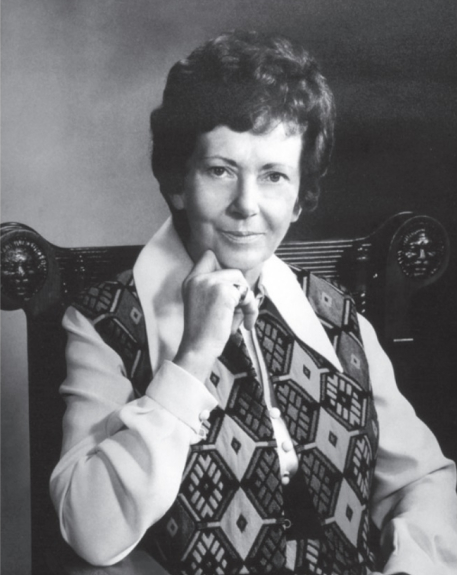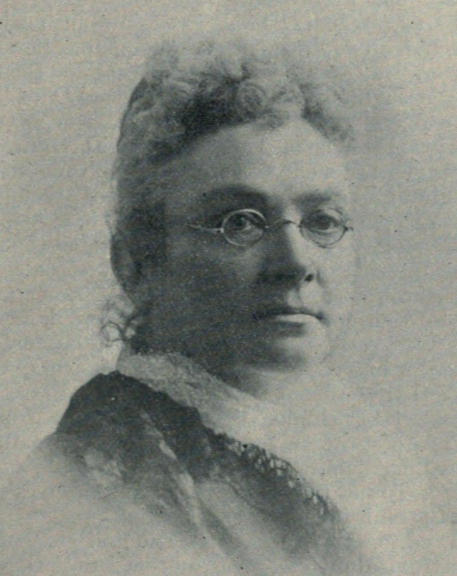1998 INDUCTEE Norman Bethune, MD The Early Days - Health Care Pioneers, Service Abroad, Patient Care, Blood
March 4, 1890
(Gravenhurst, Ontario)
November 12, 1939
MD, University of Toronto (1916)
1979: Norman Bethune Collegiate Institute is founded in Toronto
1972: Declared a "Person of National Historic Significance" by the Canadian Government
See All AwardsAwards & Honours:
1979: Norman Bethune Collegiate Institute is founded in Toronto
1972: Declared a "Person of National Historic Significance" by the Canadian Government
1971: Norman Bethune College is established at York University
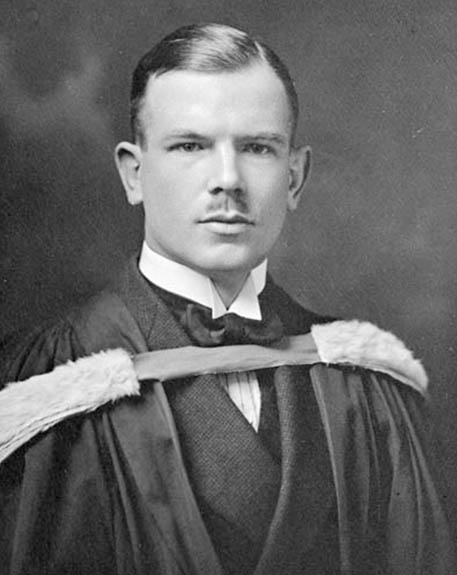
Contributed important innovations to the field of surgery
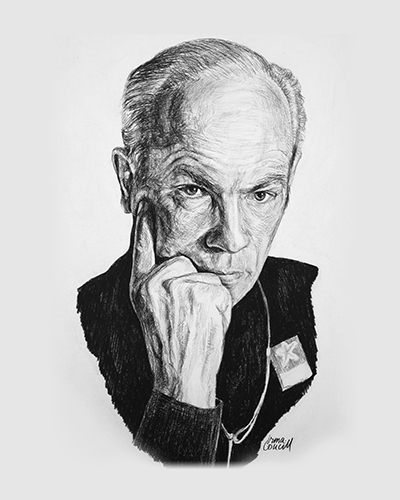
A tireless champion of medical excellence and health care for all peoples
Norman Bethune is most remembered for his use of the mobile blood transfusion unit, which saved many lives in the Spanish Civil War where he performed countless blood transfusions in the midst of heavy fighting, and which represents a significant contribution in military-medical history. Bethune wrote extensively on the development of new surgical instruments, helping to establish a body of work that would be an essential reference for any surgeon. In 1936, while living in Montreal, Bethune proposed a universal health care system for Canada. Although the suggestion was not readily accepted, Bethune's good works abroad and compelling recommendations would eventually find a place in the Canadian medical system.
Key Facts
Published 14 articles on various innovative procedures and invented or altered 12 instruments that improved thoracic surgery
Operationalized the mobile blood unit then recently developed by haemotologist Duran i Jordain, amidst heavy fighting in the Spanish Civil War
An early advocate for universal medical care
Voted 26th greatest Canadian in a CBC viewers contest
His birthplace in Gravenhurst, Ontario is a designated National Historic Site of Canada, which attracts visitors from around the world
Professional timeline
Impact on lives today
Norman Bethune’s life continues to inspire individuals all around the world. In Canada, the Bethune Round Table Surgical Conference, Bethune College at York University, as well as many lectures, publications and films honour Bethune as an icon of selfless generosity and skilled medical surgeon. Moreover, tangible manifestations of Bethune’s impacts can still be felt. One of his inventions, the Bethune Rib Shears is still used in surgical practice.
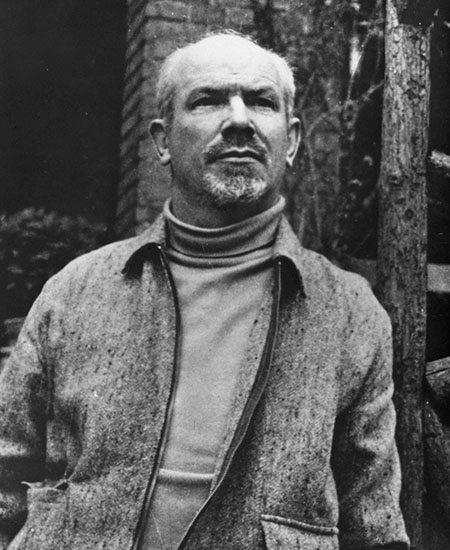
1998
-
Norman Bethune posthumously inducted into the Canadian Medical Hall of Fame
Hull, Québec
-
A doctor to the very end, Dr. Bethune died in 1939 of an accidental blood poisoning after performing surgery on a Chinese soldier
Canada remembers Bethune as a medical genius; China reveres him as a saint.
-
Dr. Norman Bethune left Canada yet again to bring modern medicine to rural China and support the revolutionary army
Service Abroad, Patient CareHe performed emergency battlefield operations and established centers to train medical professionals.
-
The perfect opportunity for Dr. Norman Bethune to serve abroad came with the outbreak of the Spanish Civil War
Blood, Patient Care, Service AbroadJoining the front lines, Dr. Bethune was known for his use of the novel mobile blood unit to improve battlefield care. This innovation saved countless lives and earned Dr. Bethune an international reputation.
-
Dr. Bethune left for a medical conference in Russia where he learned more about socialized medical care
The Early Days - Health Care PioneersCompelled by his strong beliefs, Dr. Bethune organized the Montreal Group for the Security of the People’s Health, drafting fundamental reforms for his profession and supporting universal healthcare in Canada. Disappointed with the negative reaction to his recommendations, Dr. Bethune joined the Communist Party and set out to assist the cause internationally instead.
-
As a tuberculosis survivor, Dr. Bethune was instilled with a passion to help others in need no matter their status
Diagnosis, Treatment and Prevention, Patient Care, Leadership in Organizational DevelopmentHe came to work at the Royal Victoria Hospital in Montreal in 1933, becoming a skilled leader in thoracic surgery and used his skills to save other tuberculosis patients.
-
After returning from the war and post-graduate training in England, Bethune was working in private practice in Michigan when he faced devastating news: he had contracted tuberculosis
He spent a year at the Trudeau Sanatorium in New York, where his health improved after physicians took his suggestion of performing an artificial pneumothorax procedure.
-
As a response to the outbreak of war, Bethune and his classmates received condensed training in their final year of medical school
Patient CareHe graduated in December 1916 (along with fellow Laureate Sir Frederick Banting) and promptly joined the Royal Navy as a lieutenant-surgeon to help the war effort. At the war’s end, Bethune remained in England for postgraduate training.
-
Left to serve as a stretcher bearer in 1915, but soon returned due to an injury from a shrapnel shell explosion
-
From an early age, Norman Bethune wanted to follow in his grandfather’s footsteps and become a physician
And so, it was no surprise that he went to study medicine at The University of Toronto.
1912
He was an idealist. He was a dreamer. He was a perfectionist.

